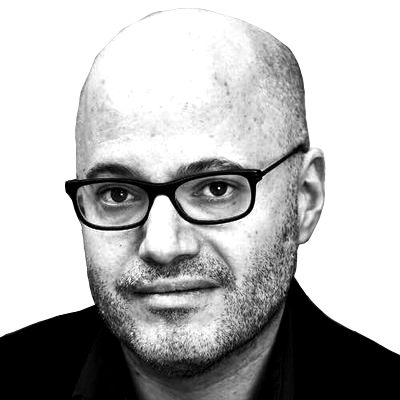In 2010, during the sex-abuse scandals that led to the first retirement of a Pope since 1415, Anderson Cooper solicited opinions from one Sinéad Marie Bernadette O’Connor on CNN. It was all so dignified, so official. “Do you think this Pope should resign?” asked Cooper, earnestly, as if he were querying someone from the masthead of Commonweal.
This talking head’s indignation had become pretty mainstream. For anyone who doesn’t recall October 3, 1992—Zoomers, check out YouTube and see O’Connor rip up a Pope pic while singing Bob Marley’s “War” on Saturday Night Live—it was cancel culture, old-school. Her stunt is still too scandalous for rebroadcasting on NBC or even VH1’s Behind the Music. In case anyone was wondering, Frank Sinatra called her “one stupid broad.”


